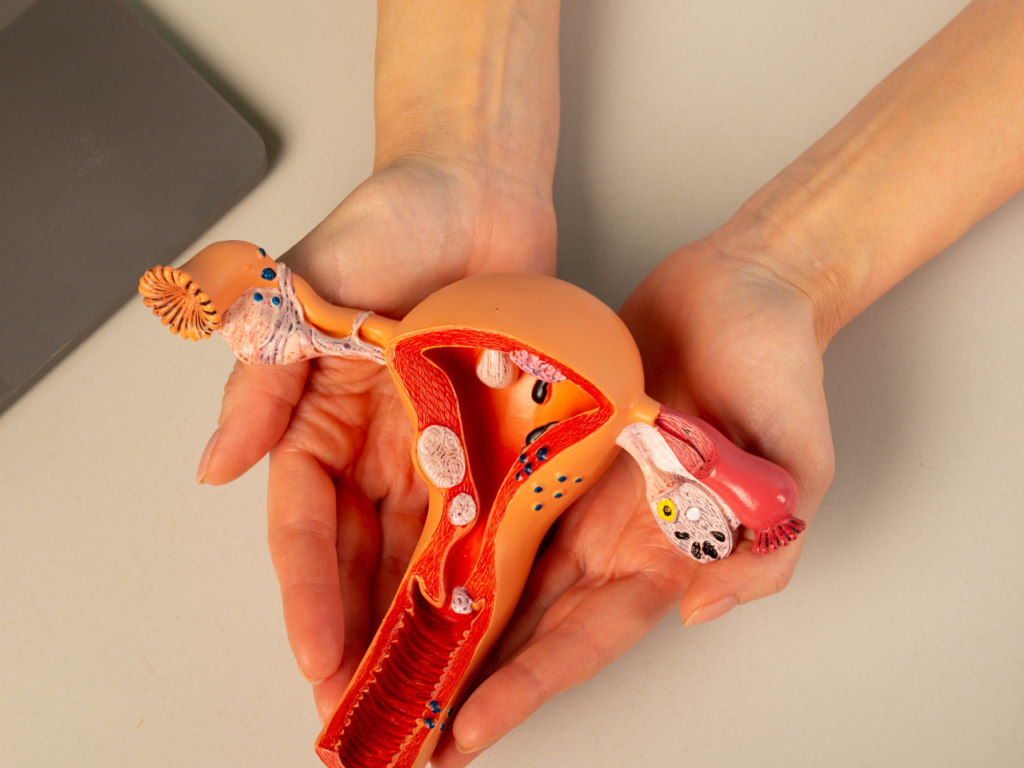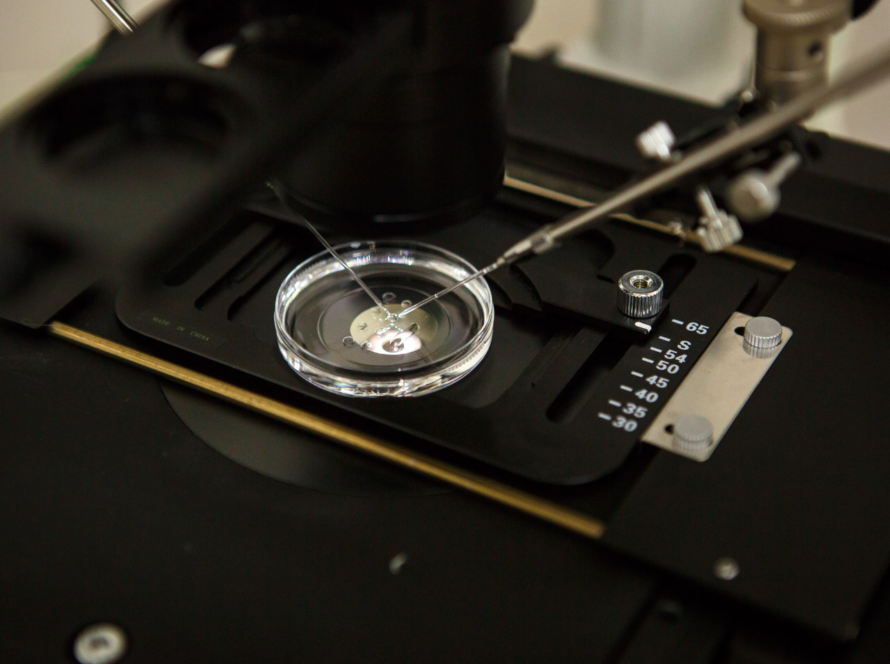Follicular study or follicular monitoring is the process through which the doctor watches the growth of this follicle from the beginning of the menstrual cycle to the time it is ready to release an egg. It is an important part of IVF assessment and timing. It uses a simple technique for assessing ovarian follicles at regular intervals and studies the pathway to ovulation. Medical experts study the follicle development in the ovaries and calculate when the next egg will be released. If a couple plans to have intercourse during that time, the chances of pregnancy are much higher

Purpose of Follicular Study:
The primary goal of follicular study is to assess and monitor follicular development to determine the most suitable timing for fertility treatments. By tracking the size and number of follicles, fertility specialists can:
- Identify the Dominant Follicle: During each menstrual cycle, several follicles start to develop, but only one follicle becomes dominant and reaches maturity. Follicular study helps identify the dominant follicle, which is crucial for determining the ideal time for ovulation and fertility procedures.
- Time Intercourse or Fertility Treatments: The information obtained from follicular study helps couples time intercourse or schedule procedures like IUI or IVF, ensuring that the release of the egg (ovulation) aligns with the optimal window for fertilization.
How does follicle tracking work?
Follicle tracking is a series of ultrasound scans of the vagina which take between 5-10 minutes to perform. The follicles start developing from the 9th day of the cycle. The scans continue until the follicles have disappeared, and ovulation has started. Couples are then suggested to have intercourse. It helps in assisting conception as it optimizes the timing of the sperm and egg to meet.
The doctor looks for the size of the follicles. He also checks the thickness of the endometrium, which is the wall of the uterus. The doctor might also use a Doppler scan to check the blood flow to the follicle and the endometrium. Usually, a mature follicle measures between 18-25mm, and an endometrium of more than 10mm is considered normal for a successful pregnancy
Who needs follicle tracking?
It is usually suggested that women who do not know when they are ovulating or who have had miscarriages, or those who take Clomid or FSH.
- If women do not know when she is ovulating despite using prediction kits might need follicle tracking.
- Women who have had unfortunate miscarriages in the early stages of pregnancy can use these scans to understand why it occurred.
- Women who have been taking medication to induce the ovulation process in them or drugs to counter other conception-related problems.
What are the advantages of folliculometry?
- A follicle scan is done several times during a woman’s menstrual cycle, usually between days 9-20. The scan detects when does a follicle rupture and release the egg. Follicle scans have several other uses listed below are some of them:
- Follicles which do not grow till the time of rupture can be diagnosed.
Some follicles do not grow at all. The scans help in detecting them. - Some dominant follicles do not rupture.
- The endometrial lining might not be good enough in either thickness or quality.
- Scans can help to predict the time of ovulation for assisted pregnancy.
- They help to guide treatments with ovulation-inducing drugs or injections.
- To detect complications like OHSS and others.
- Lastly, follicular scans help in detecting luteal phase deficiency.




